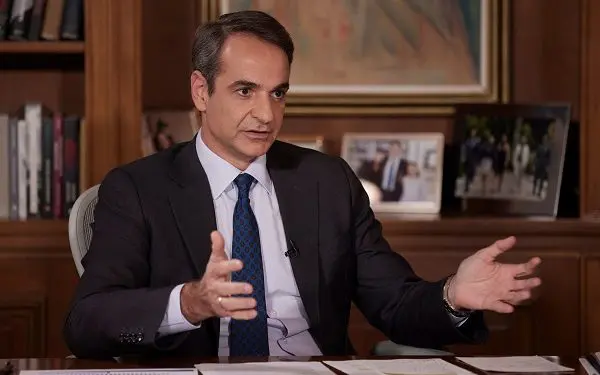Press talk by Reporters without Borders Germany and Forum Civil Peace Service (forumZFD) on 23rd of April 2014
Macedonia finds itself this year on position 123 on the Media Freedom Index of Reporters without Borders – out of 180 countries worldwide. Macedonia is thereby- besides Montenegro- the only country in the Western Balkans region which is situated in the ‘red zone’ of countries with a ‘difficult Media situation’.
The negative developments in the media sphere, starting from the closure of A 1, the entanglement of politics, media and economy and the dense system of censorship and self-censorship to the advertisement policy of the government and even the imprisonment of journalists- should be widely known by now.
Still – awareness and concrete measures of the international community, especially by the EU within the accession process, remain insufficient.
Reporters without Borders Germany and forumZFD therefore took the presidential and early parliamentary elections in the country as occasion and organized a press talk in the premises of Reporters without Borders Germany with the topic: Macedonia-EU Accession without Freedom of Media?
The aims were to discuss what it means for independent journalists to work in this ‘red zone’, how the ‘unfreedom’ of media influences the election process, what needs be done in order to achieve improvements in terms of freedom of media and to first and foremost: to show solidarity with the journalistic community in the country.
Saska Cvetkovska from NovaTV explained how the work of the few independent media outlets and journalists look like, being subject to constant defamation as being foreign ‘traitor’ of even ‘spy’. The pressure on media and journalists has lead to a situation, where not only independent but also investigative journalism have almost ceased to exist in Macedonia and consequentially open public discourse mostly vanished- with the internet being its last refuge.
It is very obvious how this severely influences the election process. The lack of independent journalism and media, resulting in hate speech, defamation and unequal coverage of the political parties is yet obstacle for free and fair elections in Macedonia.
And there is a legitimate fear that the situation will further deteriorate, right after the elections. The danger that more journalists will be imprisoned is real and should alarm civil society and governments- especially in the EU, it was concluded in Berlin.
The EU must act accordingly, consistently and take responsibility, which includes naming specific cases of endangered and imprisonned journalists, especially the one Tomislav Kezarovski and calling for his immediate and unconditional release, as Christian Mihr, Executive Director of Reporters without Borders pointed out.
Election periods will not silence us: whatever the results of the elections will be and whatever the reactions of the international community will be- as national and international civil society we will and we can and will not cease to closely monitor the developments in freedom of media and to show solidarity with independent journalists and media outlets in the Macedonia.
Kirsten Schoenefeld




